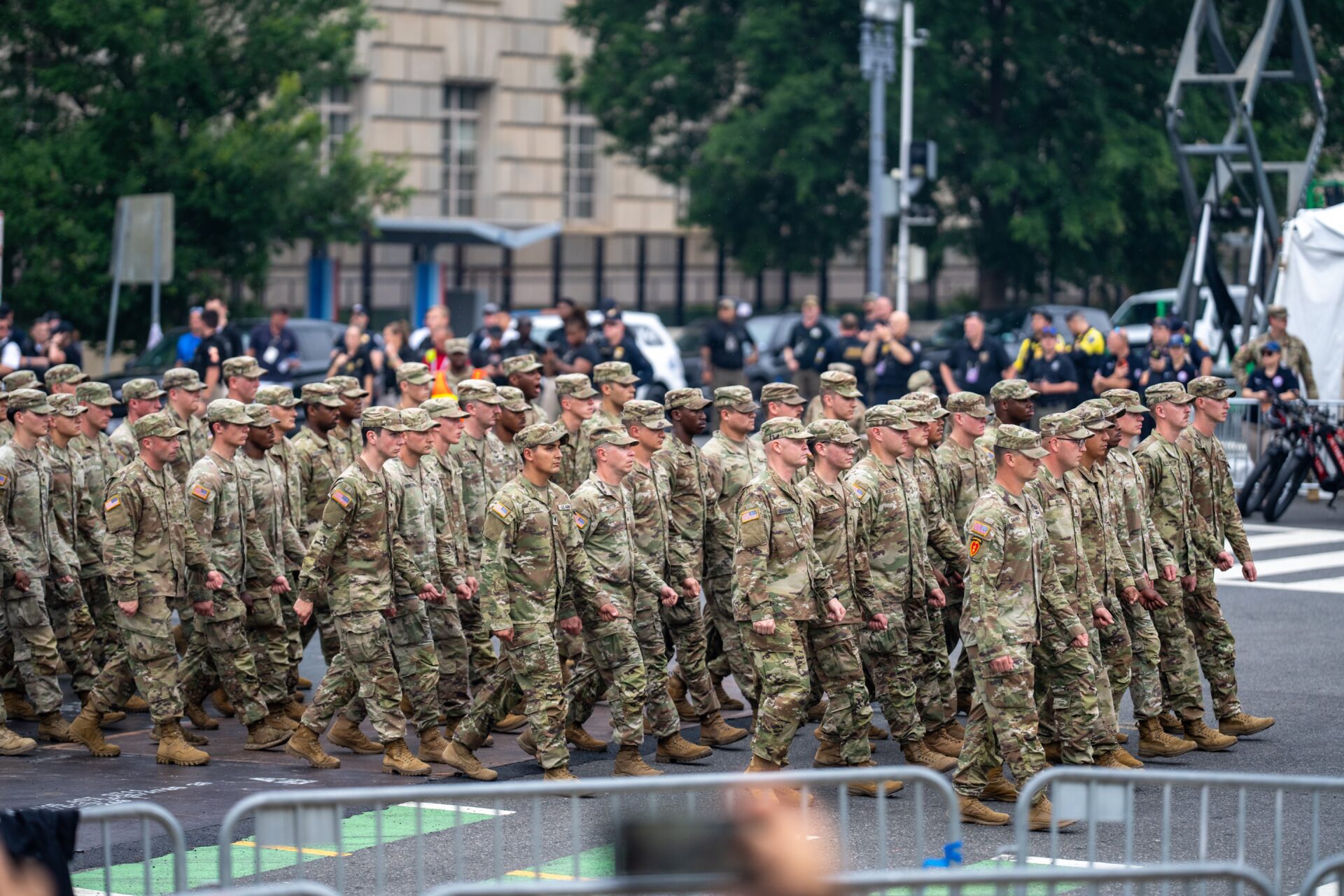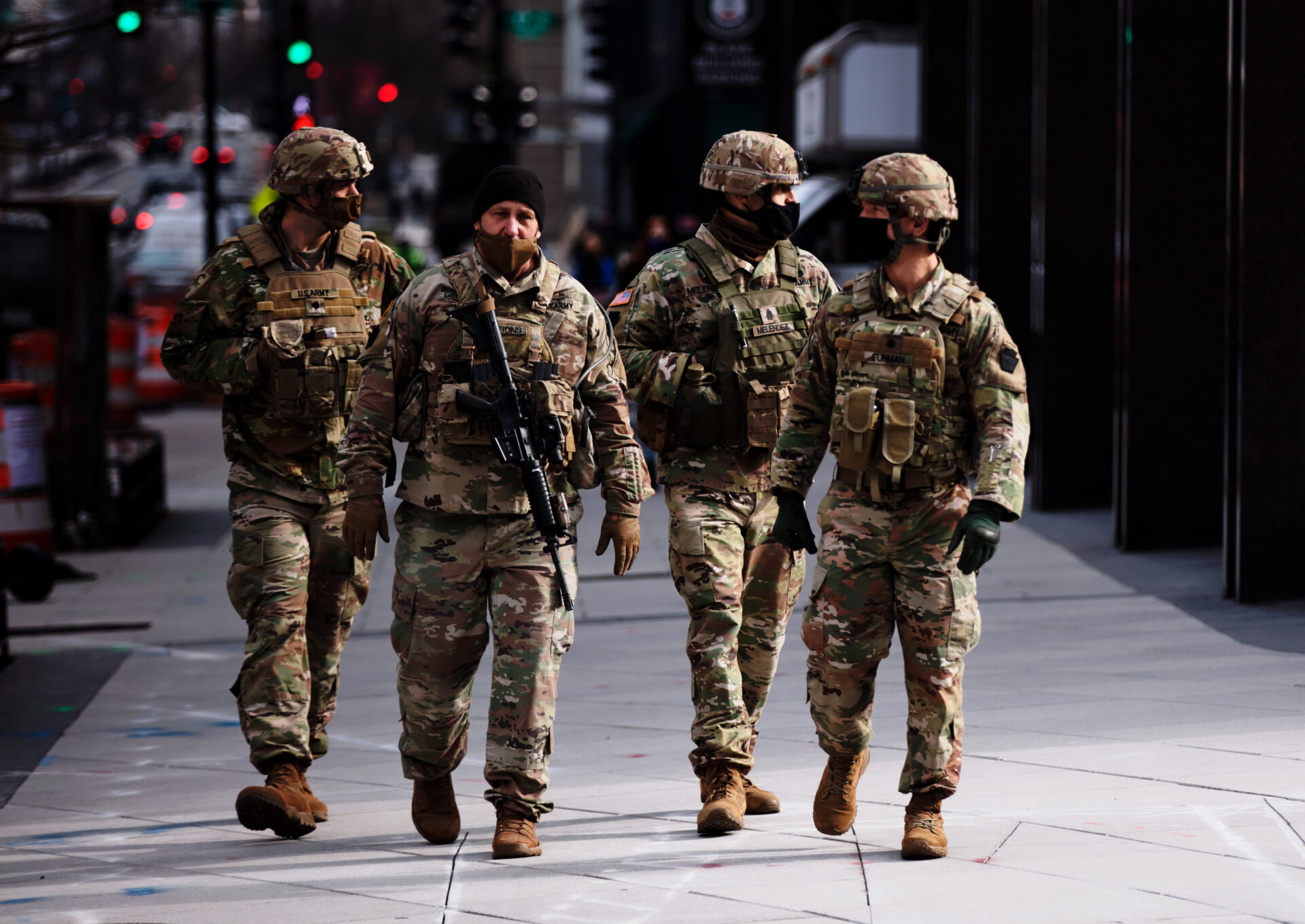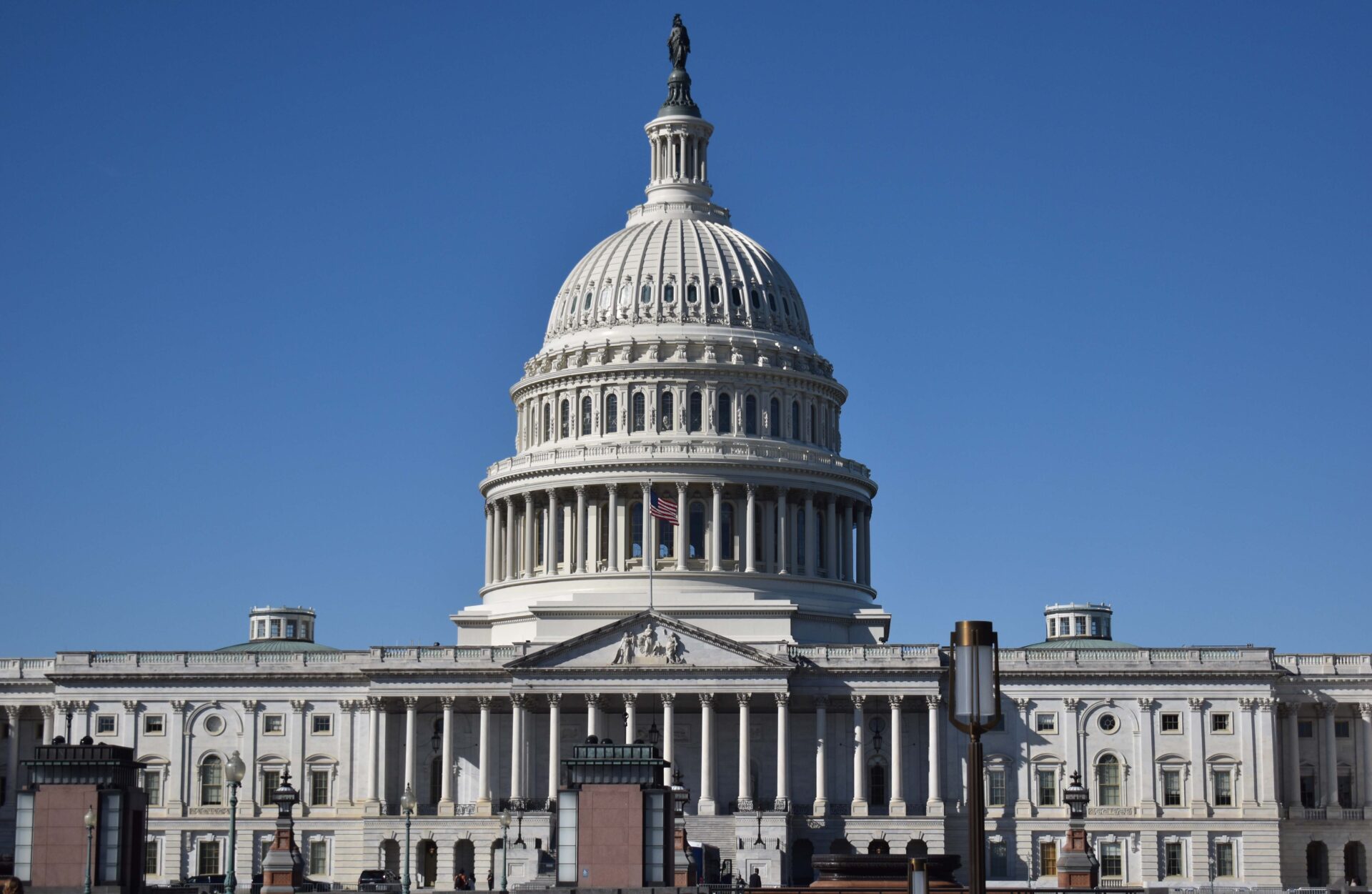
Illinois Sues Trump Over National Guard Deployment
Illinois has launched a major constitutional battle against President Trump’s National Guard deployment to Chicago, claiming the federal government is unlawfully militarizing local law enforcement without proper legal justification.
Story Highlights
- Illinois Attorney General files federal lawsuit to block Trump’s National Guard deployment to Chicago
- The state claims deployment violates Posse Comitatus Act and lacks statutory requirements for federalization
- Legal challenge follows Oregon court victory blocking similar Trump administration military deployment
- Chicago joins lawsuit, warning against transformation into “martial law” territory
Constitutional Challenge Targets Federal Overreach
Illinois Attorney General Kwame Raoul filed a federal lawsuit on October 6, 2025, seeking an immediate restraining order against Trump’s National Guard deployment to Chicago. The legal action targets President Trump, Defense Secretary Pete Hegseth, Homeland Security Secretary Kristi Noem, and Army Secretary Daniel Driscoll for exceeding federal authority. The lawsuit argues that no statutory grounds exist for federalizing the National Guard, citing the absence of invasion, rebellion, or state inability to enforce federal law.
Trump deploying military to Chicago on ‘flimsy pretext’, Illinois lawsuit alleges – live – The Guardian https://t.co/7WRb8Eq5wv
— John Larson (@JohnLarson2204) October 6, 2025
State Sovereignty Under Attack
The Illinois legal challenge invokes both the Posse Comitatus Act and the 10th Amendment to defend against what officials characterize as unconstitutional federal intervention. Attorney General Raoul emphasized that Americans should not face military occupation because local leadership disagrees with presidential preferences. Chicago Corporation Counsel Mary Richardson-Lowry reinforced this position, declaring that America operates under constitutional law, not martial law, highlighting the fundamental separation between civilian governance and military control.
Federal Authority Lacks Legal Foundation
The Trump administration’s deployment appears to bypass these established legal requirements, raising serious constitutional concerns about executive overreach. Federal law under 10 U.S.C. § 12406 strictly limits when presidents can federalize state National Guards, typically requiring clear evidence of extraordinary circumstances that current Chicago conditions do not demonstrate.
Precedent-Setting Legal Victory in Oregon
Illinois’s lawsuit follows a successful Oregon court decision that blocked Trump’s attempt to federalize that state’s National Guard for similar reasons. The Oregon ruling cited insufficient factual justification and emphasized constitutional law primacy over executive assertions of authority. This legal precedent strengthens Illinois’s position and suggests federal courts are prepared to enforce constitutional limits on presidential power. The pattern indicates coordinated state resistance to federal military deployment in civilian law enforcement roles.
Watch the report: Illinois governor, city of Chicago sues to block Trump’s deployment of National Guard


